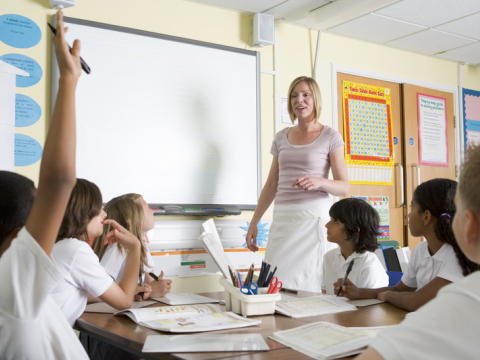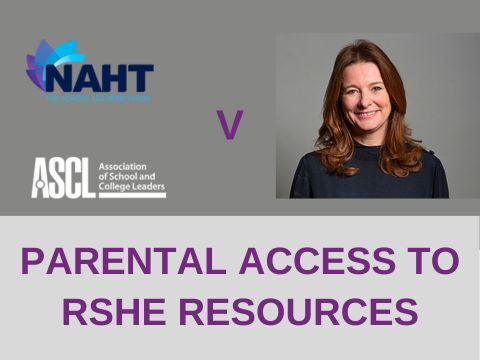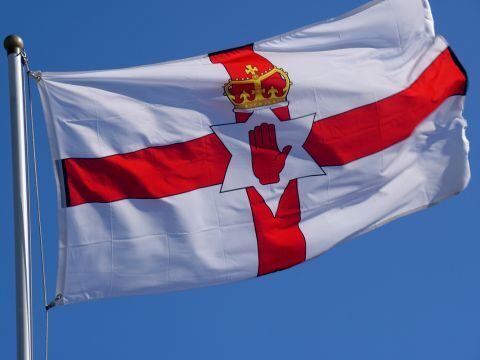

The Department for Education this week made good on its promise to consult with parents, children, young people and teachers on the revisions being made to sex education provision in our schools. The argument for updating the curriculum is a strong one – nothing has changed in the last 20 years, unless schools have themselves decided to update their work, but life has moved on. We live in a digital age and society has a very different view of relationships now.
The discussions about content are wide ranging and include many interest and lobby groups. In order to further widen the debate to ensure that the new policy informs a curriculum that is fit for purpose, the Department for Education would also like to hear your views. You can share your opinions via the online consultation and you can find more information about the process here and here.
Much of the content may appear, at first reading, to be sensible. Issues of online safety, grooming, sexting and revenge porn are part of everyday life for many young people and as a parent you would expect your child’s school to be involved in teaching them about the dangers and about how to keep themselves safe.
But there are lobby groups that want pornography to be discussed in schools, teaching children the difference between ‘good’ and ‘bad’ porn and ‘fantasy’ and ‘real’ sex, even though the evidence shows that there is no such distinction – porn is addictive and it can wreck a person’s ability to form loving, stable relationships. You may want to write about the need to teach children that all porn is harmful, even if at first it seems to be harmless fun.
The issue of consent is also much under discussion. This could involve teaching very young children the difference between ‘good’ and ‘bad’ touching. Some parents are concerned about this, saying that it robs children of their innocence and unnecessarily raises the concept of abuse in their minds. With older young people, the argument is that they need to understand the concept of consent before embarking on sexual activity – this contains a tacit assumption that early sexual activity is, of itself, harmless. As a parent, you may want to teach your child to wait until they have formed a loving and stable relationship.
Secondary school pupils will also be taught about how to protect themselves from STIs, which are spreading out of control. Of course, as parents, you think it’s important that your teens understand the dangers of STIs (not least, sterility) but you may want them to understand that not engaging in early or casual sex is the best possible protection. Because guidance and policy documents will not take any particular moral stance, the current suggestions read rather like a self-defence manual, advising teens to conduct risk assessments before having sex.
Relationships education is part of the new proposals, teaching children and young people about relationships of every kind. This will include teaching about same-sex marriage and transgender issues from a child’s earliest days in school. You probably think that your child needs to know about same-sex relationships as the likelihood is that same-sex parenting families will be part of your child’s daily social experience. But do you want to talk to your child yourself about this, explaining each family situation in context? Or do you want your child to be taught to celebrate same-sex relationships in general? The same is true of transgender – do you want to explain, simply and sensibly to your child, why their friend is changing gender? Or do you want a teacher to use materials which teach your own child to explore their fluid gender?
In the consultation, you are asked to list issues which you think most need to be taught. It’s important when responding to the consultation, that you don’t just list the issues – for example, pornography, transgender and consent. You must also say how you think those issues should be addressed – for example, that pornography should not be taught as an optional leisure pursuit, but as an addictive activity that can ruin lives; that you don’t want your young child being confused and told that their gender is fluid, and that consent shouldn’t be taught in a way which raises in your child’s mind the possibility that people might harm them.
Use the opportunity to talk about the things that matter to you as a parent. If you have children who are old enough to express their own views, make sure they respond, too. But make sure that you explain what you want from a curriculum. If you think that marriage and family values are a fundamental building block for strong communities and families, say so. Suggest that family values should be prioritised and that relationships should not all be treated as equal opportunities from which young people can simply take their pick as the fancy takes them.
If you think that children are sexualised and embark on sexual activity far too young say so, and say that you expect your child’s school to work with you on this. Express your views about parental responsibility – teaching about relationships has moral implications and it’s important that the state, or even your child’s school, doesn’t dictate a moral position. There is no such thing as moral neutrality and your legal and moral position as the guardian of your child’s rights must be respected.
Above all, remember that nobody owns your child and the state cannot dictate otherwise. You know your own child; you understand the context in which your child or teen is asking questions. The aim of this revision is to prepare children for life in modern Britain. Parents are best placed to decide how and when that preparation should happen, so don’t hesitate to say in this consultation how you expect this revision to meet your requirements as a parent – as the person who most closely understands your child’s or teen’s needs.
Parent Power






